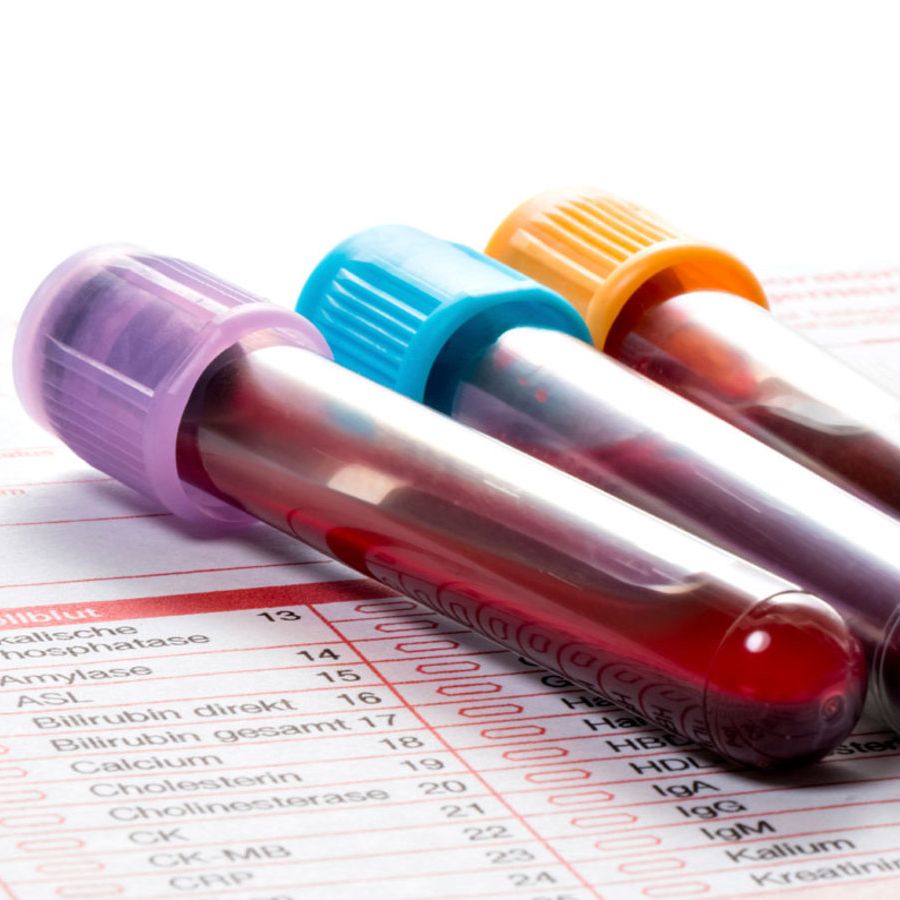Protein S test
Protein S is part of a system that prevents excessive blood clots. Protein C and Protein S, complementing and strengthening each other, adjust the rate of blood clot formation so that blood clots form only at the site of injury. In the case where the activity or concentration of proteins is normal, the regulation of coagulation also works well.
What is the purpose of the test?
The test examines the cause of the thrombotic event. It can be used to determine if the patient has inherited or acquired Protein S deficiency.
In which cases is it recommended to perform the test?
In case of thromboembolism (called deep vein thrombosis and pulmonary embolism) of unknown origin or if the patient’s newborn has a severe coagulation disorder or a close relative has been diagnosed with an inherited Protein S deficiency.
A test for decreased Protein S activity should be performed again prior to diagnosis, as conditions may occur that may temporarily alter the level or function of the protein.


What sample is needed for the test?
Plasma is required for the test. A blood sample taken in a citrate tube is ideal for extraction as citrate prevents clotting. After drawing blood, the blood in the tube is circulated so that the anticoagulant can work properly.
What can the result indicate?
Elevated Protein S levels are mostly not associated with health problems. Decreased protein levels can occur following severe infection, vitamin K deficiency, liver and kidney disease, cancer, and thrombotic events.
What to do after the test?
In all cases, please consult the specialist or internist who ordered the test with the result.
